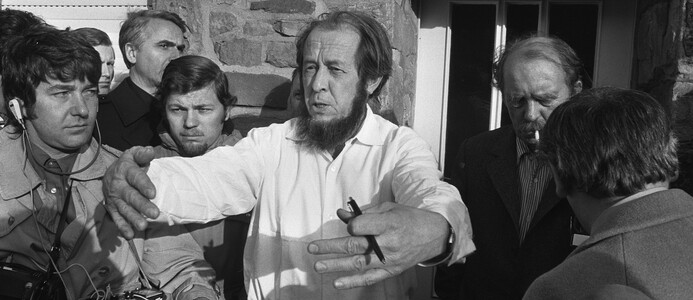We teach children that violence never solves problems while adults engage in campaigns to destroy their political enemies. We demand kids show respect while we dehumanize half the country. We wonder why young people turn to extreme solutions when we model extreme behavior daily.
The stakes have never been higher. Research shows political polarization raises the probability of widespread violence by around 35%. We stand at a crossroads where adult behavior in the next few years will determine whether America slides into civil conflict or pulls back from the brink.
The connection between adult modeling and youth violence runs deeper than most realize. Children do not primarily learn from what we say but from what we do. When adults treat political opponents as subhuman threats requiring elimination, vulnerable young minds absorb this as normal conflict resolution.
Every adult conversation within earshot of children becomes a lesson in how to handle disagreement. Every social media post teenagers see teaches them acceptable behavior toward people who think differently. Every family dinner discussion models whether differences lead to dialogue or destruction.
The pattern appears consistently: communities where adults engage in respectful disagreement produce children who resolve conflicts peacefully. Areas where adult discourse turns toxic see corresponding increases in youth aggression and violence.
We face an uncomfortable truth. The playground bully learns from the adult bullies at home, online, and in public discourse. When respected community members engage in character assassination, doxxing, and mob harassment, children receive permission to escalate conflicts toward elimination rather than resolution.
The research confirms what common sense suggests: trusted adult role models can prevent youth violence and promote positive behaviors. But the reverse holds equally true. Toxic adult modeling accelerates youth toward destructive choices.
Consider the daily modeling opportunities most adults miss. When a child says "I hate those people," do we respond with curiosity about their concerns or validation of the hatred? When political topics arise, do we demonstrate listening skills or perform tribal loyalty?
The dinner table becomes a training ground. Parents who model genuine curiosity about opposing viewpoints raise children equipped for democratic participation. Those who model contempt and dismissal raise future extremists.
Social media amplifies this modeling exponentially. Adults posting angry political content, sharing dehumanizing memes, and celebrating the destruction of political opponents provide constant lessons in acceptable behavior for young observers.
The workplace offers another critical arena. How adults handle disagreements with colleagues, respond to criticism, and treat people with different backgrounds becomes a masterclass in conflict resolution or escalation for any young people watching.
Community leaders bear special responsibility. School board members screaming at meetings teach children that public discourse operates through intimidation. Coaches who berate referees model that authority figures deserve attack when they make unpopular decisions.
The church, synagogue, or mosque becomes either a sanctuary for respectful dialogue across differences or another venue for tribal warfare. Religious leaders who model compassion for political opponents create peace-oriented youth. Those who weaponize faith create warriors.
Time grows short for course correction. Each day of toxic adult modeling produces more young people who see violence as legitimate conflict resolution. Each week of dehumanizing discourse normalizes elimination of enemies rather than engagement with opponents.
The intervention requires no special training or resources. Adults simply need to model the behavior they want to see in young people: curiosity instead of contempt, questions instead of assumptions, bridge-building instead of wall-building.
Practical steps begin immediately. When discussing politics around children, demonstrate genuine listening to opposing viewpoints. When conflicts arise in daily life, show peaceful resolution techniques. When encountering people with different backgrounds or beliefs, model respectful engagement.
The ripple effects extend beyond individual families. Adults who model peaceful conflict resolution create children who become peer leaders against violence. These young people influence friend groups, classrooms, and eventually their own families.
We can interrupt the cycle where polarized adults create polarized children who become even more polarized adults. The generation currently forming their worldviews could become bridge-builders instead of warriors if enough adults change their modeling behavior now.
The stakes demand urgent action. Research shows that aggressive personality traits, more than political ideology, predict who will justify violence. Adults modeling aggressive responses to political differences literally train the next generation of potential violent actors.
Every adult reading this holds extraordinary power to prevent or accelerate American civil conflict through their daily behavioral choices. The young people observing your responses to disagreement will carry those lessons into their adult lives and pass them to their children.
The choice remains individual but the impact becomes collective. Model curiosity instead of contempt. Demonstrate listening instead of lecturing. Show bridge-building instead of enemy-making. The future depends not on political victories but on raising a generation that chooses dialogue over destruction.
Start today. A young person is watching how you handle the next disagreement. Show them the way toward peace instead of war.

